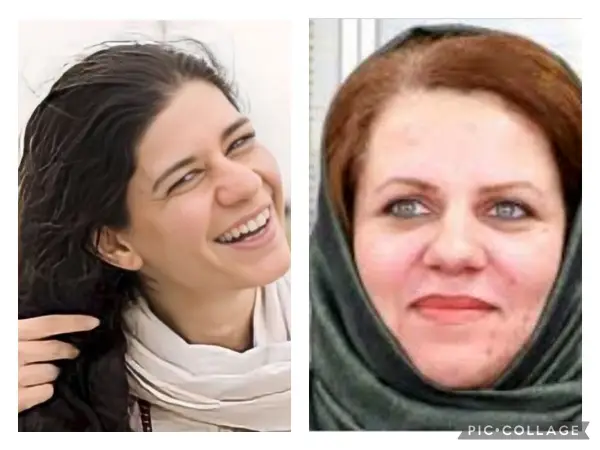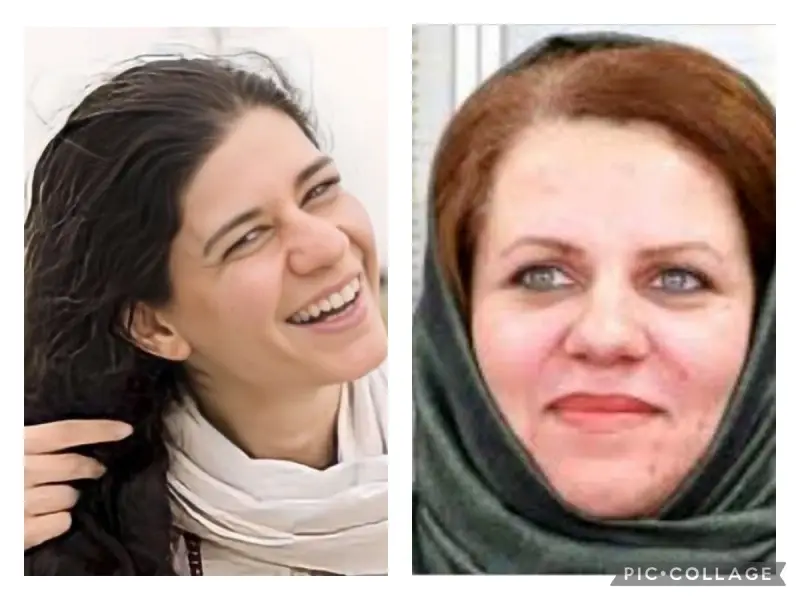Two Iranian female journalists, who were arrested during anti-regime protests, have each been sentenced to three years and seven months in prison.
The court found Saeedeh Shafiei and Nasim Soltanbeigi, detained since January, guilty of propaganda against the system as well as "gathering and collusion against the system," resulting in an additional eight months of imprisonment for campaigning against the regime. The sentences also include a two-year ban on leaving the country and a two-year ban on membership of groups.
In addition, the journalists opposed compulsory hijab during court proceedings, which led to further controversy, as reported by the US-based Human Rights Activists News Agency (HRANA).
A third woman, Mehrnoush Zarei, who was arrested at the same time, has been acquitted of the charges.
In connection with this case, Ali Pourtabatabaei, the editor of the "Qom News" website, is also facing legal repercussions. His trial was held on charges of "publishing lies" regarding the poisoning of students in Iran and "contact with foreigners under the guise of espionage."
These reports are indicative of an increase in pressure against journalists. Earlier this month, Behrooz Behzadi, who is in his late 70s as is the editor in charge of Etemad newspaper, ‘accused of publishing false content’ following a complaint by Revolutionary Guard Corps and banned from any kind of press activity for one year.
The increasing repression against journalists has drawn condemnation from various quarters, including the Tehran Journalists’ Association, which denounced the issuance of "heavy and unconventional judicial sentences against journalists" and urged the judicial system to halt such practices.
The Islamic Republic's track record as a major repressor of the media has drawn international attention. However, the current wave of repressions has escalated since the nationwide uprising against the regime.

